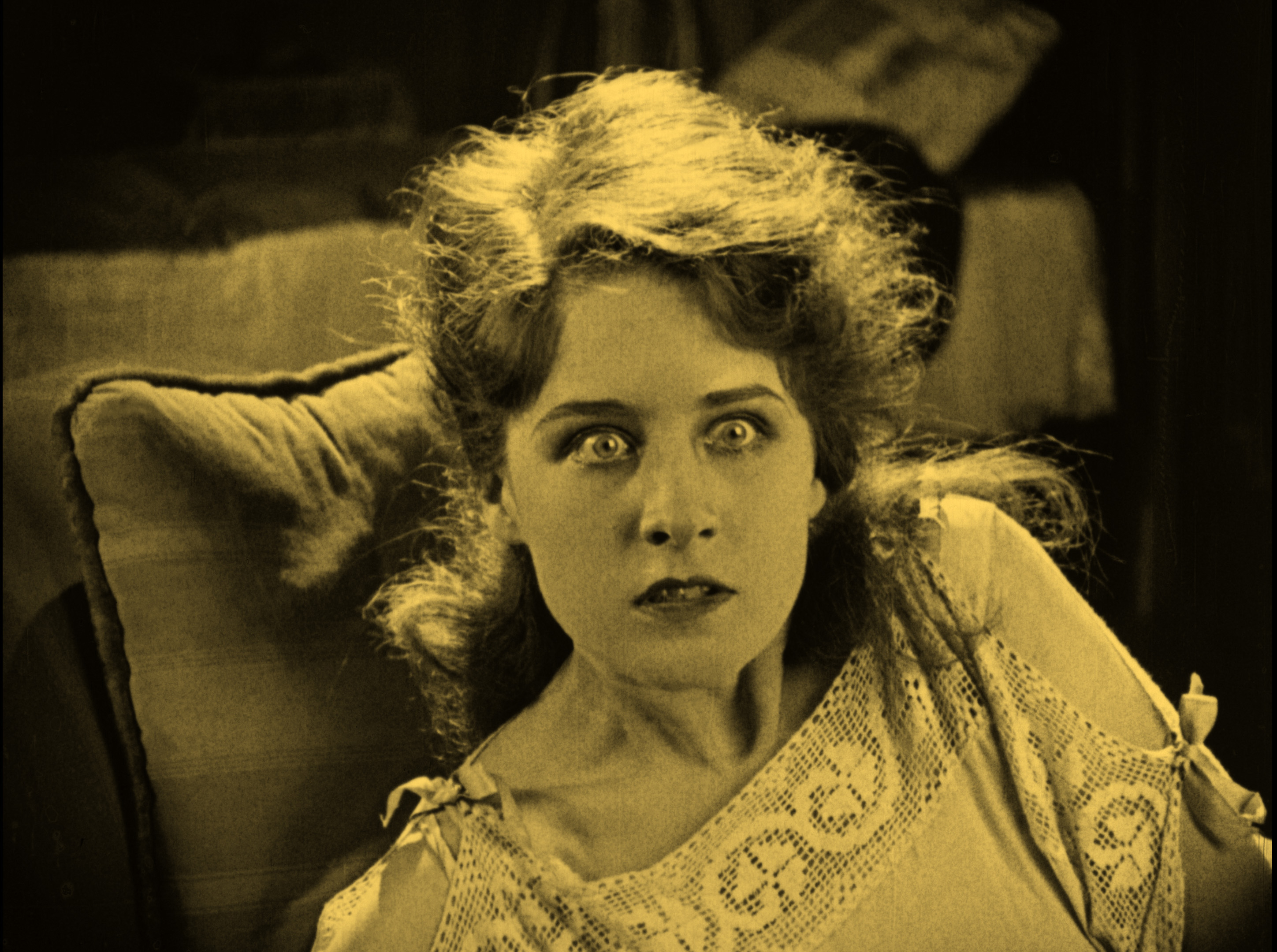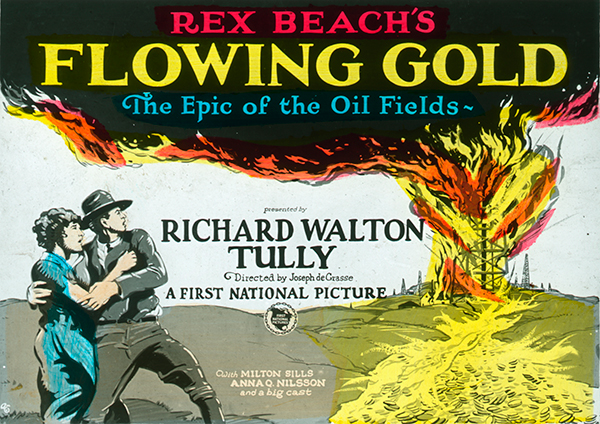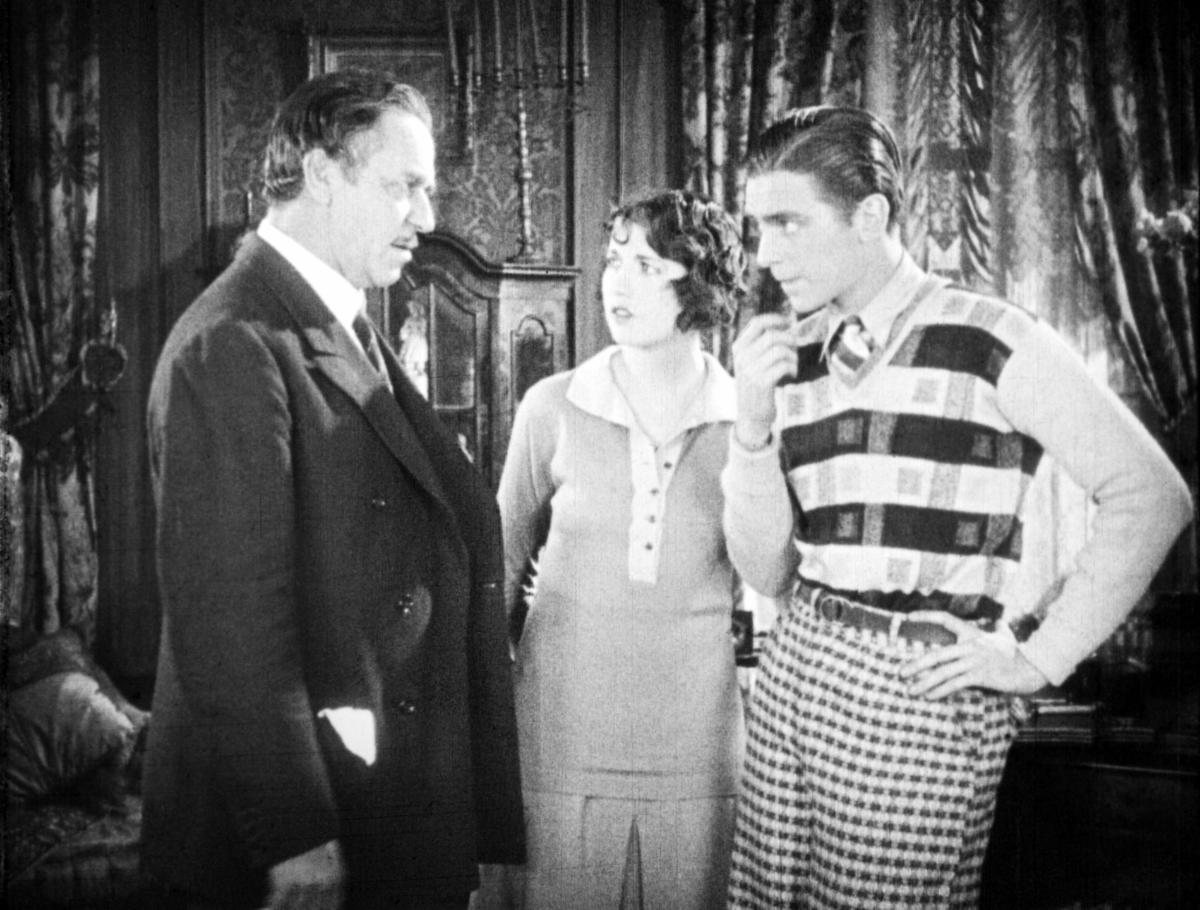Four NFPF-Preserved Films Unspooling at the San Francisco Silent Film Festival
 |
|
Norma Shearer going mad in Man and Wife (1923), preserved by UCLA Film & Television Archive.
|
Next week the 26th installment of the San Francisco Silent Film Festival opens in San Francisco’s Castro Theatre. Four of the films have been preserved through grants administered by the National Film Preservation Foundation.
On Thursday, July 13, Doll Messengers of Friendship (1929) will screen during the free “Amazing Tales from the Archives” program. This short film commemorates a doll exchange between the U.S. and Japan that was initiated by the Committee on World Friendship Among Children. 58 dolls commissioned by the Japanese government from master doll makers toured the U.S. and were acclaimed as works of art. Doll Messengers of Friendship was screened at the local doll exchange ceremonies that comprised the tour. The surviving 9-minute fragment of the film will be presented by Kyle Westphal from the Chicago Film Society.
Screening the same day is Man and Wife (1923), preserved by UCLA Film & Television Archive. Directed by John L. McCutcheon and starring Norma Shearer and Maurice Costello, the feature was an independent production filmed in upstate New York. Its plot, involving secret identities, insanity, and bigamy, made Motion Picture News complain “the author of this story has allowed his imagination to run riot.” Variety called the film “a wild tale, wildly done on the screen, but it has a great element of melodramatic suspense,” and noted “a screen possibility in Norma Shearer.” By the time Man and Wife was released Shearer had received an offer from Louis B. Mayer and Irving Thalberg (her future husband) to go to Hollywood, where she'd become one of MGM’s biggest stars. Shearer’s biographer Gavin Lambert called her performance in Man and Wife “at once vivid and subtle,” its keynote being “the reality she brings to totally unreal material.”
 |
|
Flowing Gold (1924), preserved by the San Francisco Silent Film Festival.
|
On Friday July 14, festivalgoers can see two films preserved by the Festival itself. Both films survived only at the Czech National Film Archive (Národní Filmový Archiv) and will be appearing on the big screen for the first time since the silent era. Flowing Gold (1924), based on the novel by prospector and Olympic medal–winner Rex Beach (The Spoilers), depicts the wild early days of the Texas oil boom. Its red-tinted climax features a massive oil fire, into which the heroine (Anna Q. Nilsson) dives to rescue the hero (Milton Sills). Variety thought this “red-blooded” feature was “full of local color,” with “excellent direction.” It was the penultimate film by prolific director Joseph de Grasse, whose credits include The Old Swimmin’ Hole (1921), the first feature without intertitles. (His final film, The Hidden Way [1926], was preserved through a grant from the NFPF and can be viewed on our website.) The script was by his wife and frequent collaborator Ida May Park, one of the first women to direct features in Hollywood.
Padlocked (1927), also based on a Rex Beach novel, stars Lois Moran, Noah Beery, Louise Dressler, and Douglas Fairbanks Jr. The plot involves a runaway forced into a reformatory by societal pressure on unwed young women. Photoplay commended the film as “a superior entertainment, honest, mature drama in its presentation of a young girl’s life nearly ruined by the severity of hypocritical morality…the acting of the entire cast in uniformly excellent…Allan Dwan’s direction is faultless.”
 |
|
Noah Beery, Lois Moran, and Douglas Fairbanks Jr. in Padlocked (1927), preserved by the San Francisco Silent Film Festival.
|
Veteran filmmaker Allan Dwan made his first film in 1911 and would retire in 1961 with approximately 380 films under his belt. Padlocked was an early credit for James Wong Howe, who went on to become one of Hollywood’s greatest cinematographers. Moving Picture World praised his work for giving Padlocked “the composition and lighting of a painting.” Since the intertitles on the surviving print are in Czech, the Festival recreated English titles by consulting a draft script, the original novel, and several other sources.
